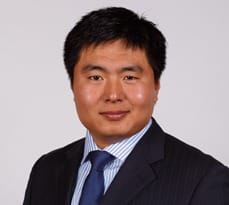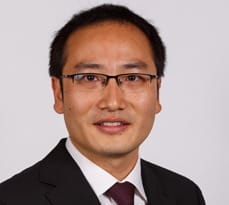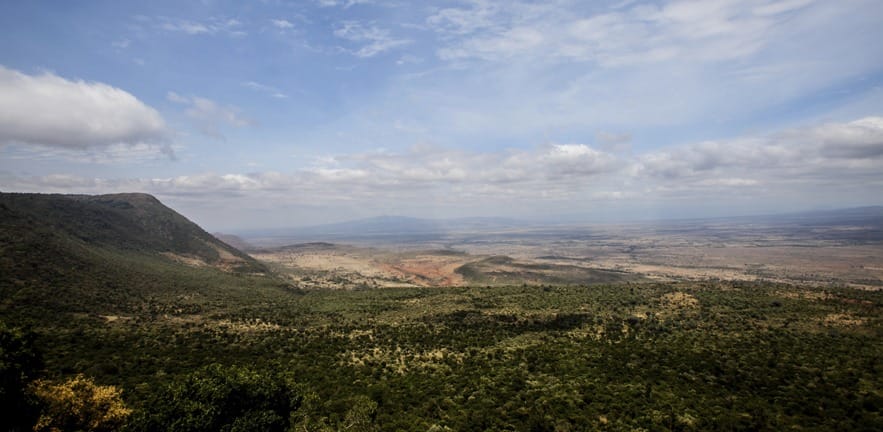Students from many countries study for an MBA abroad in order to diversify their careers after working for a number of years in their home countries. Two Cambridge MBAs from China chose a different path however, working in more challenging markets – Kenya and Iran – before pursuing MBA studies at Cambridge Judge Business School.
Ru Hao, who previously studied in Beijing and the Belgian city of Leuven, worked in agricultural development in Kenya, while Zhao Liu, previously a student in Beijing and Wuhan, worked at Chinese state-owned energy company SINOPEC in Iran.
They share some of their experiences:
Why did you choose to work in a developing country?

Ru:
In 2012 with colleagues from East Africa, Europe and China, I co-founded Mechanical Solutions in Kenya. The company assisted local government agencies in accessing Chinese foreign aid investment. I think that economic and political cooperation between China and East Africa provides many opportunities for investment in infrastructure. Before going to Kenya, I was with the United Nations in Vienna. I made contacts within Kenya and saw an opportunity to build a company there. It was a multinational team, which was also highly rewarding.
Zhao:
I worked as a legal manager at SINOPEC (an oil and gas company, and the largest state-owned company in China) and was one of the first employees at its branch in Iran, established in 2008. When I arrived there the branch confronted numerous challenges, such as recruitment of new employees, setting up a legal work team and operational systems. This was a great opportunity for me to source appropriate solutions , and as a result I was promoted to Director of the General Management Office.
What were the main challenges in the country where you worked?
Ru:
Insufficient infrastructure has proven a challenge in many foreign companies in Kenya. The costs of transportation and energy are very high as a result. My company was engaged in alleviating these issues within Kenya.

Zhao:
In 2010 I discovered there was a conflict of culture between Chinese employees and local Iranian staff in our branch. When a local employee was fired, the conflict became public and I needed to solve this urgently. The problem was that there was a gap of understanding between the different cultures. I tried to solve the problem by establishing appropriate mutual communication. I proposed a language and culture session and let both the Chinese and Iranian employees teach their language and present their cultures. I also advised Chinese managers to participate in social occasions held in Iranian homes to get a sense of real Iranian life.
Do you plan to return to developing countries after finishing your Cambridge studies?
Ru:
I would like to work for several years between Kenya and China after my studies. I imagine the exact length of time will depend on how the company develops.
Zhao:
I’m planning to go back to China – I’ll probably stay there for my lifetime. But I hope I’ll have the opportunity to work oversees for Chinese companies.
How do you think Cambridge MBA will help you with your career?
Ru:
I feel the Cambridge MBA programme will help me to manage organisational conflicts in a multinational operation. The recent Cambridge Venture Project (CVP) with its team format is a good example: the cultural conflicts which arise within a CVP team mirror the challenges experienced in a real-world project.
Zhao:
The Cambridge MBA has already extended my horizons by offering high-value case practice and projects such as the Cambridge Venture Project (CVP) and the Global Consulting Project (GCP). I believe that after the course I’ll be equipped with global and leadership insights, methods for innovation and managerial abilities. In addition, the Cambridge MBA’s diverse class and unique working relationship with China provides truly necessary networks to grow my career in international business.


